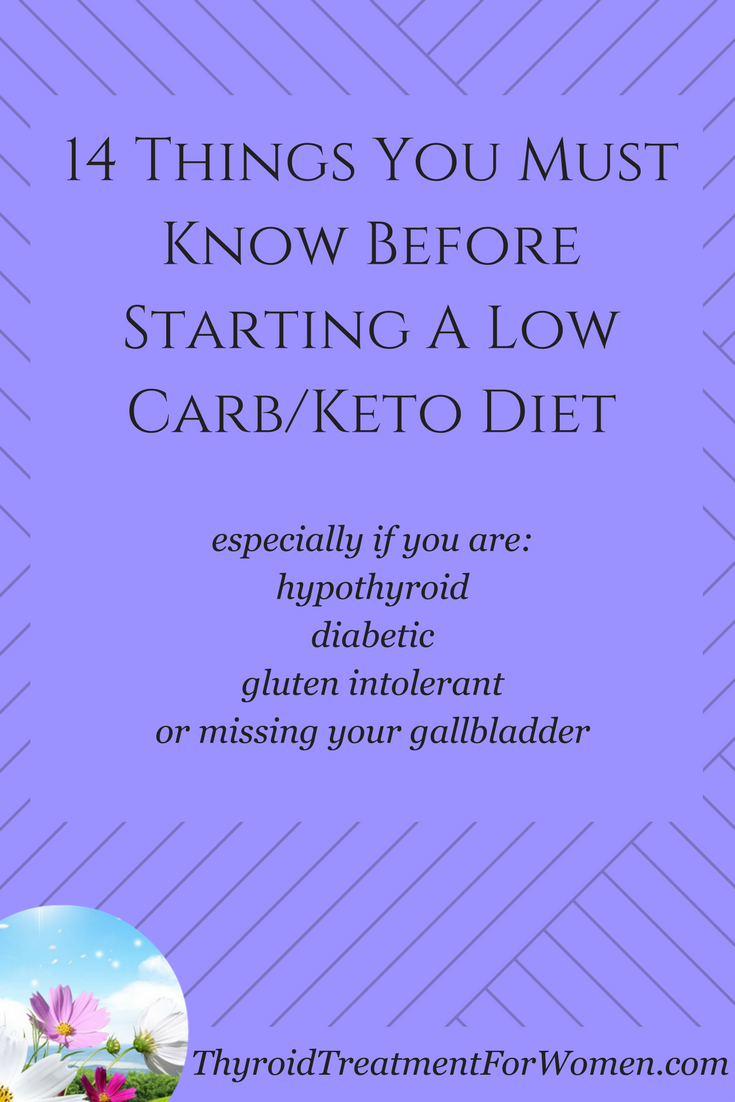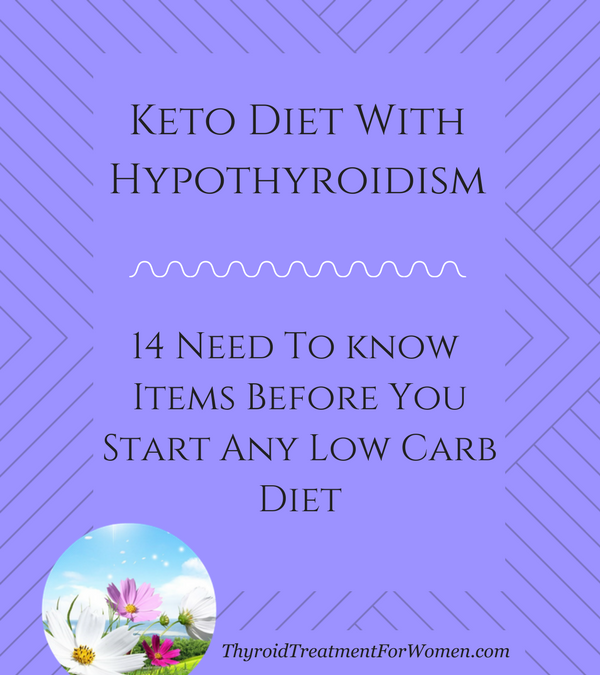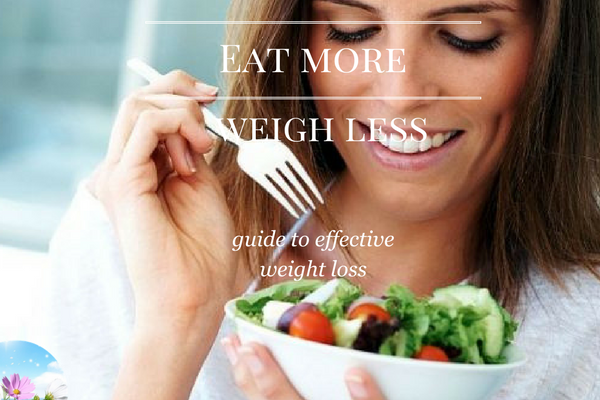Today is day 5 of my keto diet with hypothyroidism. I am feeling good. Probably because I had already broken my sugar addiction years ago. Also because meat, cheese and fat are appealing food sources to me. But the keto diet with hypothyroidism is more than just fat and protein. Eating the right carbs is crucial to making this a long term lifestyle change.
Here is What I Have Learned So Far About A Keto Diet With Hypothyroidism
- Asparagus and cabbage are particularly good. They have elements that help your body get into ketosis. We will address the cruciferious veggies thing here in a moment.
- Coffee is a great way to start the day, especially with cream, butter and cinnamon. It keeps hunger at bay and keeps the fast going longer for me.
- Watch the protein intake, because your body will turn it into glucose.
- Eat lots of salads with olive oil and lemon juice. By salad I mean varieties of lettuce, spinach, and swiss chard.
- Watch out for nuts.
- Be careful about buying low carb packaged items.
- Watch out for mock items (like bread, cakes, sweets, etc) that may trigger cravings.)
- Calories do still count if you want to lose weight
- Take supplements
- Stay hydrated
- Don’t have cheat days
- If you absolutely, positively must drink, have one serving of a hard 80% liquor and mix with carbonated water, not club soda)
- You need to add salt with minerals
- Don’t obsess with the scale number
Getting Started With Keto Diet With Hypothyroidism Playlist
About Cruciferous Vegetables and Hypothyroidism
There is no evidence that cruciferous vegetables slow down or “kill the thyroid.” Unfortunately, there are many health bloggers who don’t fact-check and have cut and re-pasted incorrect statements claiming that “all leafy greens are bad for your thyroid,” when that’s not the case.
In fact, cruciferous vegetables are super nutritionally dense foods so they are good for women with thyroid issues who are often depleted in micronutrients.
Why Leafy Greens Are Great for Your Thyroid
While it’s possible that large amounts of raw cruciferous foods can somewhat inhibit the thyroid gland’s ability to take up iodine to produce the T4 hormone, there’s a bigger picture. If you have a condition such as Hashimoto’s, the primary focus should be restoring your digestive tract and detoxifying the body – as they are usually the original triggers for thyroid conditions. Avoiding cruciferous vegetables completely does not help improve those health issues.
But once cooked, the glucosinolates they contain are deactivated, losing up to 80% of their goitrogenic chemicals, so that they no longer block the uptake of iodine. Research from the University of Illinois shows that when lightly cooked but still al dente (after being steamed for three to four minutes), the short exposure to heat warms up broccoli enough to destroy a protein it contains that holds on to sulfur. At the same time, lightly cooking broccoli activates (but does not destroy) the myrosinase enzyme that helps release the broccoli sulfurs. This ensures the sulfurs are more bio-available to be absorbed when eaten, while the goitrogenic effects are lessened.
You can read this whole article here. Magdelena explains how eating cruciferous vegges can actually be an important part of healing your thyroid!
Dr Weil weighs in on the cruciferous vegetables and thyroid issues here
However, if you habitually eat a lot of cruciferous vegetables raw, you should let your physician know. A simple blood test can reveal whether or not the dose of the thyroid hormone replacement drug you are taking is adequate. You should have a blood test once a year in any event. Your dose may need to be adjusted if you gain or lose weight, if you are pregnant, and, sometimes, if you start or stop birth control pills. Some medications, including antacids containing aluminum, can also interfere with thyroid hormone absorption and require an adjustment in dosage.
Andrew Weil, M.D.
Ketone strips
Fitbit Alta Fitness Tracker
Vitamin B Complex
ORGANIC INDIA Ashwagandha
Ox Bile
J.Crow’s Lugol’s Iodine Solution
Easy Touch Diabetes Testing Kit
Purium Probiotic
Enzyme Advantage

One of the most off putting things I read about a keto diet with hypothyroidism
While googling low carb with hypothyroidism the point that you body needs carbs to convert T4 into T3 was, well terrifying. The thing that I think these people who write these posts haven’t taken into consideration is that while a low carb diet doesn’t mean a no carb diet. One does eat carbs but because they also have fiber the next carb index is much lower.
Also there was this disclaimer at the very bottom of one long post about the dangers of keto diet with hypothroidism.
However, we must acknowledge the limitations of all these clinical trials I’ve mentioned:
- Tiny sample sizes
- Relatively short duration
- Tend to use obese individuals, and may not be applicable to non-obese individuals
- Studies were also not specific to individuals with existing hypothyroidism.
How directly we can apply the findings to a middle-aged man or woman with hypothyroidism is difficult to say.
As I mentioned in the first post I did about keto dieting with hypothyroidism, if you are on medication you really should consult with your physician before making any changes to your diet. Do your research. Look at a variety of positions from people who are qualified to offer an opinion. Then go talk to your doctor. If the one you currently has won’t work with you fire them! You are paying for a service. Find a doctor that has actually experience with diet remedies. Most doctors get very little training when it comes to using diet for health, but they ALL know how to prescribe medications with a bazillion side affects.
Join us in our facebook group. We would love to chat! Share your questions, suggestions, successes & strategies.














Confused! The body converts T4 to T3, not the other way around.
Thanks for catching that Tamara!
You are welcome! I just had my thyroid irradiated for my Graves disease and will begin my medication soon. I was really happy to find your blog, as we have a lot in common goal wise re: meds and health. Thanks for being there!